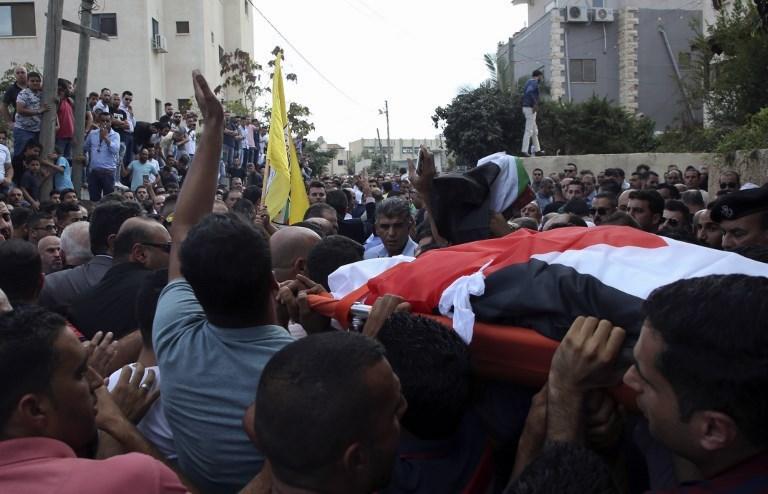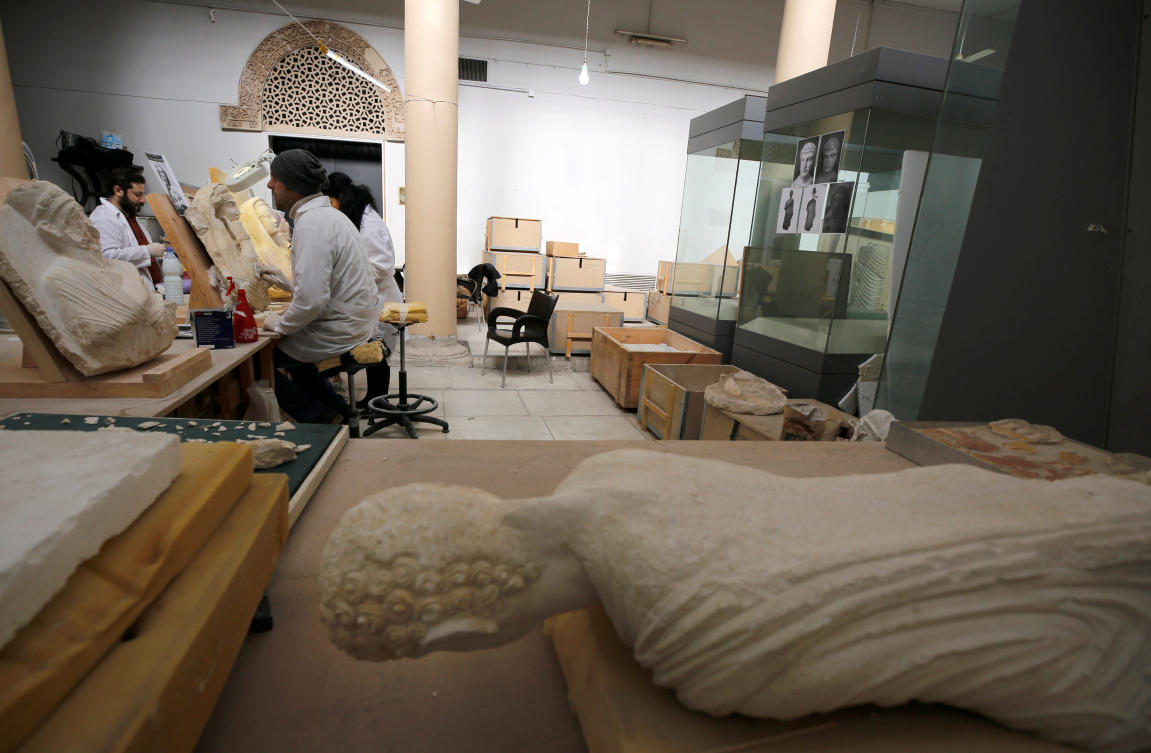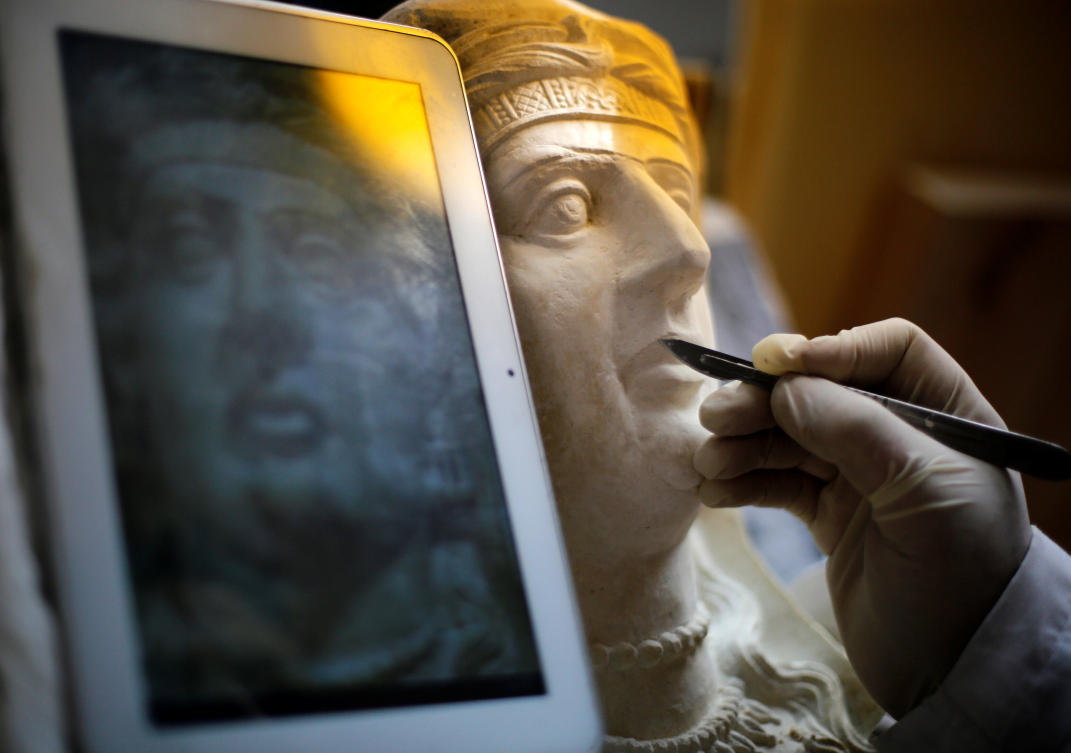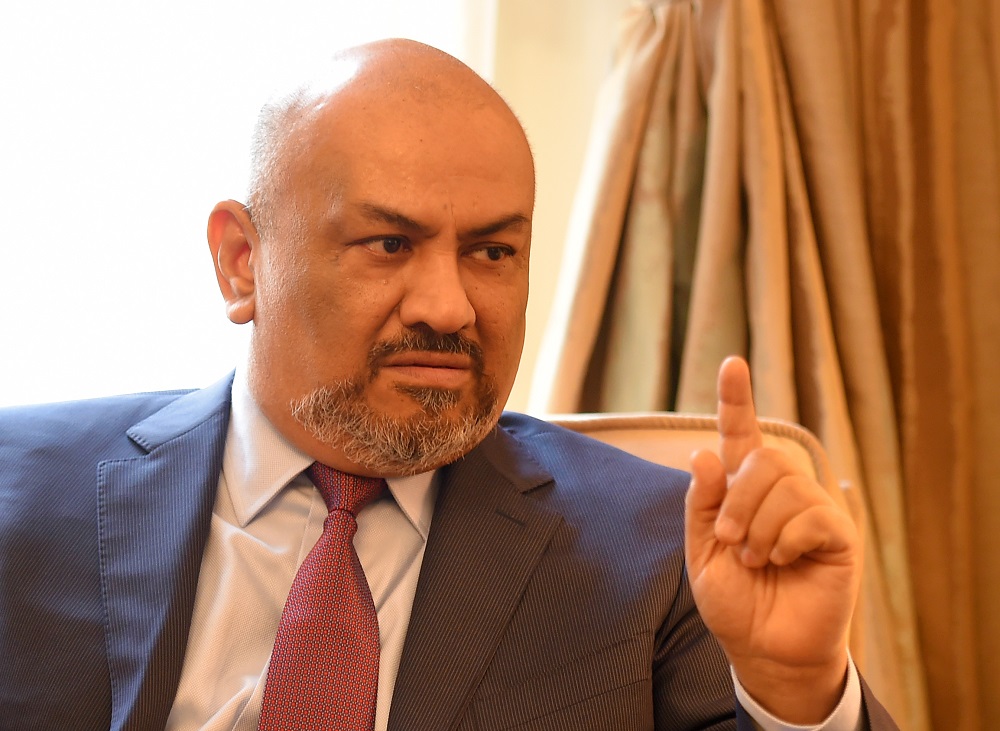House arrest for Jewish minors held over killing of Palestinian
JERUSALEM: Israeli authorities on Thursday released to house arrest four of five Jewish minors held on suspicion of involvement in a fatal stone-throwing attack on a Palestinian woman, lawyers and officials said.
The arrests on December 30 were in connection with the killing of Aisha Rabi, who died after stones were thrown at the car she was traveling in with her family in the occupied West Bank on October 12.
Authorities did not confirm their detention until Sunday due to a gag order on details of the case while the investigation continued.
The remand of the fifth suspect has been extended by another six days, Israel’s domestic security agency Shin Bet said.
The lawyers representing the minors argued that their release proved they were innocent.
“These youths, who had absolutely nothing to do with the event, should not have been arrested,” said attorney Adi Kedar of Honenu, a right-wing legal aid organization, vowing to work to have the fifth suspect released.
The Shin Bet, which on Sunday announced an unspecified number of arrests for “serious terrorist offenses, including murder,” rejected claims the youths were mistreated during their investigation.
The five, students at the Pri Haaretz religious seminary in the Rechelim settlement in the West Bank, were arrested “after intelligence efforts connecting them to the death of Rabi,” a mother of nine, the Shin Bet said Thursday.
The Shin Bet noted the four were released after it was decided “the investigation could continue while they were under house arrest and other limiting conditions.”
It also warned of “ongoing efforts” to obstruct the course of the investigation, “including by disseminating information about the probe while slandering the Shin Bet.”
The fatal stoning took place near Rechelim, close to Rabi’s village of Bidiya in the Israeli-occupied northern West Bank.
Rabi was struck on the head in the attack and died later at a hospital in the city of Nablus. Her husband, who was driving the car at the time, escaped with minor injuries.
Palestinian witnesses and security sources cited by official Palestinian news agency WAFA said the stones were thrown by Israeli settlers.
Israeli investigations into “Jewish terrorism” — as such cases are often referred to by Israeli media — are highly sensitive.
Israeli authorities have been accused by rights activists of dragging their feet in such cases in comparison to investigations into Palestinian attacks, while far-right Israelis say suspects have undergone coercement and torture.

Israel arrests Jewish students over Palestinian woman’s deathGaza cafe owner offers fish pedicures to improve business








